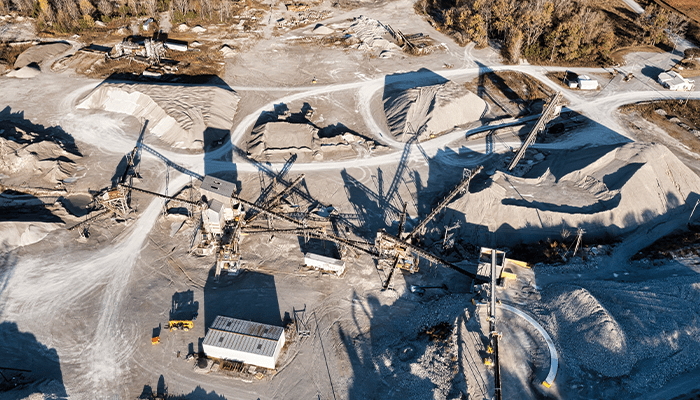
Driving During Winter Weather: Tips and Advice
Winter driving takes some special preparation. There are several tips that can be taken to make driving safer and easier this time of year. It is recommended that all vehicles get ready for the season by getting a winter tune-up, adding antifreeze, and switching winter weight oil. Additional suggestions include to keep the gas tank over half full during winter months, and carry emergency supplies such as blankets, a shovel, flares, and sand or cat litter. If winter tires are not on the vehicle, carry snow chains or cables and know how to use them before needing them.
Before setting out into winter weather, check the weather forecast and be prepared to postpone a trip if a storm is brewing. Clear snow and frost completely off windows, roof, and headlights—all the visibility possible will be needed when driving in these conditions. If driving into stormy weather, let someone know where the destination is and an estimated arrival time. And as always, don’t drive if fatigued or intoxicated.
One of the worst problems in snow and ice is poor traction on the road. The following are tips that can help protect from skids:
- Obey speed limits
- Stay 8-16 seconds behind the car in front
- Slow down at a turn or bend
- Avoid braking heavily on icy roads and stay alert to allow time to begin stopping well in advance
- Watch out for icy patches, especially on bridges and shady spots
- If skidding happens, take the foot off the gas and turn in the direction the vehicle should go. Don’t use the brake during the skid.
Boost visibility by keeping wipers in good order and consider using winter wipers for snow. Keep the wiper fluid reservoir full of winterized wiper fluid. If necessary, stop to clear snow off the windshield and headlights. Where there is glare from snow, wear sunglasses during the day, and use the low beams at night.
If bad visibility or car trouble force the vehicle off the road, try to park in a high spot well out of traffic. Tie a bandanna to the antenna or orange safety tape to alert motorists of the vehicle’s presence as well as turn on the flashing lights. To keep warm, use blankets and keep hands and feet close to the body. If the heater must be run, make sure the tail pipe is clear of snow and other debris first, then run the heater no more than ten minutes per hour.
Though it may be tempting to go for help, it’s almost always safer to stay inside the car, unless it’s known for sure that help can be located within a few minutes.
For more information on defensive driving programs, contact your local AssuredPartners office or visit www.assuredpartners.com.
Featured News & Insights

The energy sector, which spans oil and gas, utilities, and renewable energy, is one of the most complex and volatile industries in the world. From environmental scrutiny to fluctuating commodity...

On April 18, 2024, the Mine Safety and Health Administration (MSHA) issued a final rule to lower miners' exposure to respirable crystalline silica and enhance respiratory protection measures across...

The recent storms that battered Florida served as a stark reminder of the vulnerabilities that come with alternative energy infrastructure, particularly solar and wind. As the transition to...